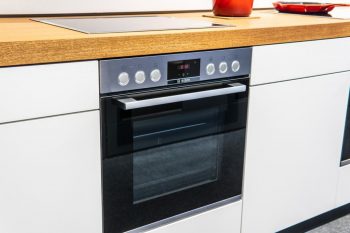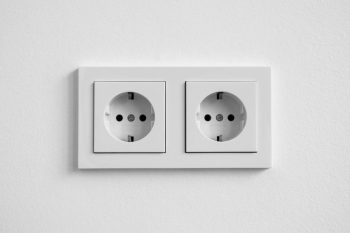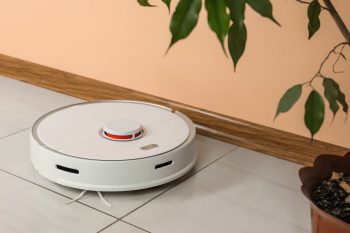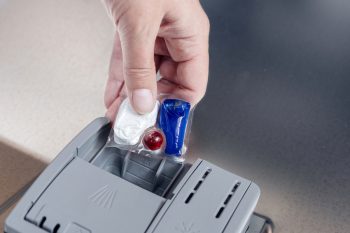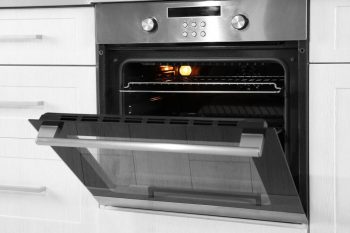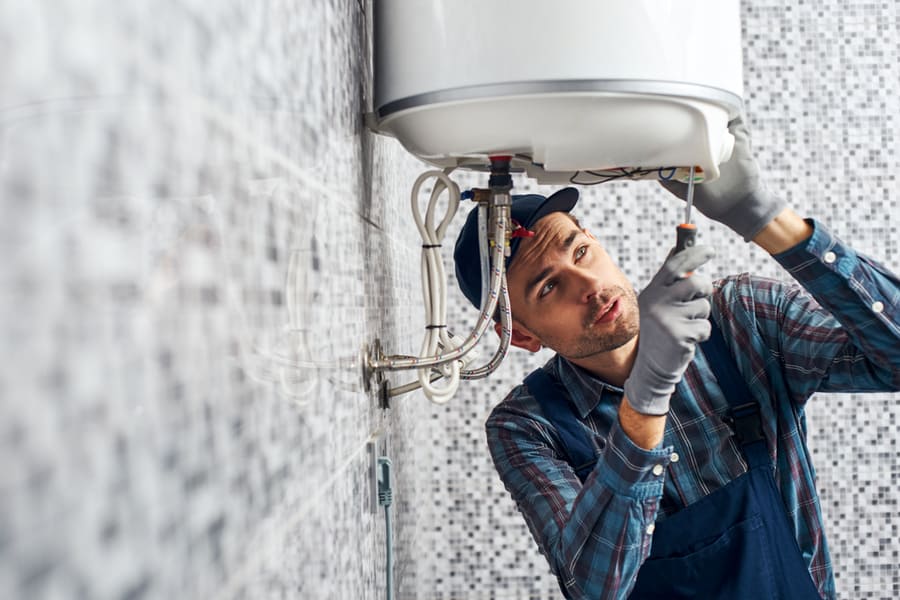
If you’ve got a water heater at home, you should know its potential dangers. Many people consider the water heater a vital necessity for everyday household activities.
But despite their relative usefulness, water heaters can present unique risks — especially if it runs on fuel.
Generally, anything running on fuel will come entangled in several dangers. But how true is it that a water heater can cause carbon monoxide poisoning? Find out the facts with this short guide.
- Appliances that use gas can cause carbon monoxide poisoning.
- Poor installation is the most common cause of a carbon monoxide leak coming from a water heater.
- A lack of maintenance can also cause your water heater to leak carbon monoxide.
- Carbon monoxide leaks can be tough to detect at first, but they will start to show signs in your home and your health.
Water heaters serve a valuable purpose across all homes. Supplying hot water to your tap, this domestic must-have makes bath time comfortable, among many other things. But be careful — that household essential might leak poison into your home without you noticing.
Can a Water Heater Leak Carbon Monoxide?
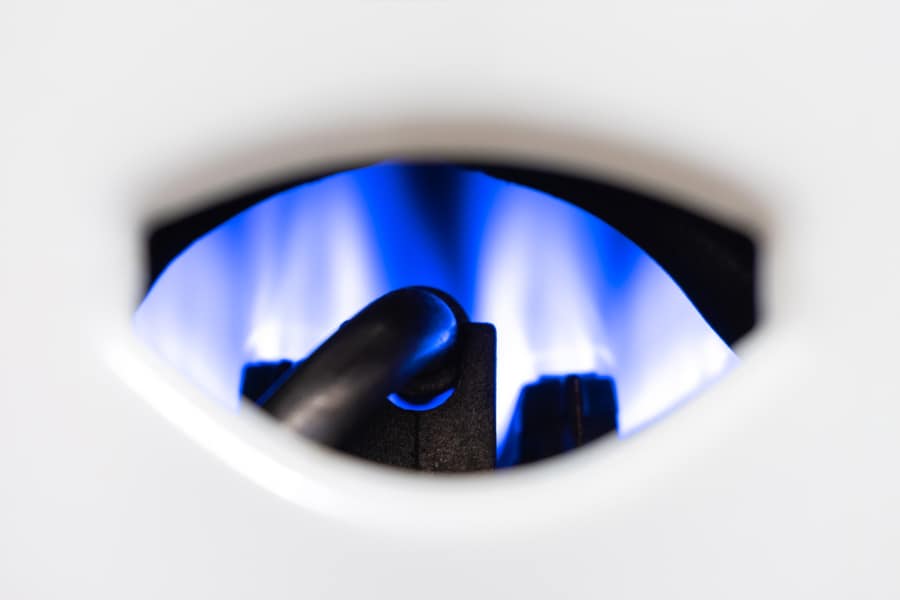
Yes, fuel-powered water heaters can leak carbon monoxide. However, the same can’t be said for water heaters that rely on electricity.
Remember that the fuel used for gas-powered water heaters comes from natural gas. Your heater is hooked to an underground source of natural gas, making it cheap to operate any time of the year.
Unfortunately, there are times when this gas can leak into your home. Most of the time, the reason for a gas leak would be improper installation.
Loose joints, missing parts, and poor placement all play a role in the possibility of a leak. You might also experience a leak if your water heater doesn’t see enough maintenance throughout the year.
Signs of Carbon Monoxide Leak
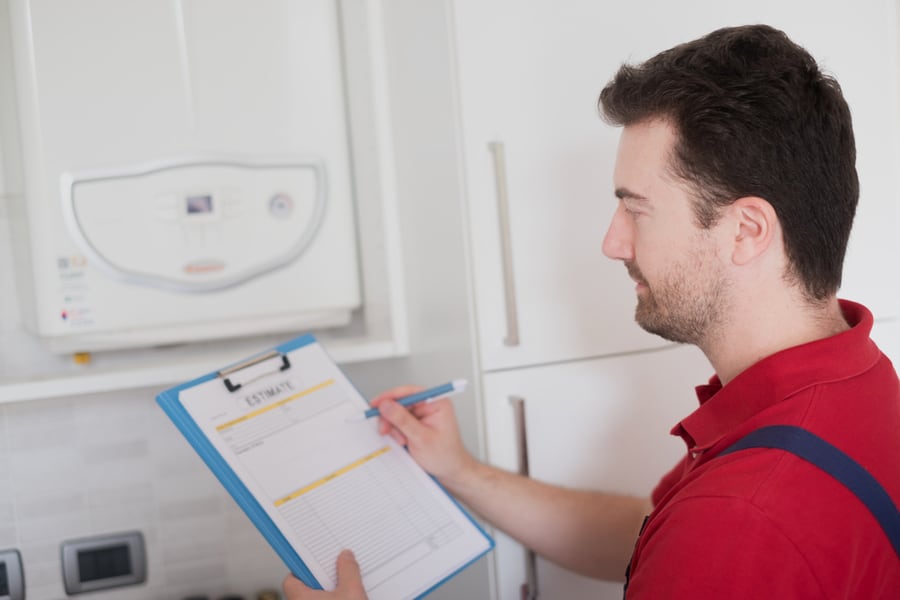
Even the slightest carbon monoxide leak can slowly fill up your home and cause dangerous effects on your health. Unfortunately, picking up on a leak is tough when it’s just starting.
After a few days, however, a persistent carbon monoxide leak may cause the following signs:
- Flickering yellow to orange flame on your stove instead of steady blue.
- Increase the presence of condensate on your windows.
- A dark soot substance accumulates on gas-powered appliances.
- The water heater’s pilot light persistently turns off without apparent reason.
- People in your home experience headaches, dizziness, stomach pain, weakness, vomiting, and confusion, among other symptoms.
Carbon monoxide poisoning is life–threatening. If you notice any combination of the above signs, see that you act fast.
Vacate your home and call a professional to inspect your water heater to assess for a potential leak.
Summary
A broken water heater threatens more than just cold morning showers.
A carbon monoxide leak from a damaged or poorly maintained fuel-powered water heater can cause serious, life-threatening dangers for you and your family.
Ensure your water heater is checked for possible leaks to prevent the risk of carbon monoxide poisoning.
Frequently Asked Questions
How Often Should You Have Your Water Heater Serviced?
Constant, routine maintenance checks on your water heater can curb the risk of a gas leak. See to it that your unit is checked at least once every year.
Some experts recommend scheduling maintenance twice a year to be on the safe side.
Can My Other Appliances Cause a Carbon Monoxide Leak?
If these appliances use gas, they can produce a carbon monoxide leak.
Electrically powered appliances like toasters, electric heaters, and the like can’t produce carbon monoxide regardless of the circumstances because they don’t use gas.



